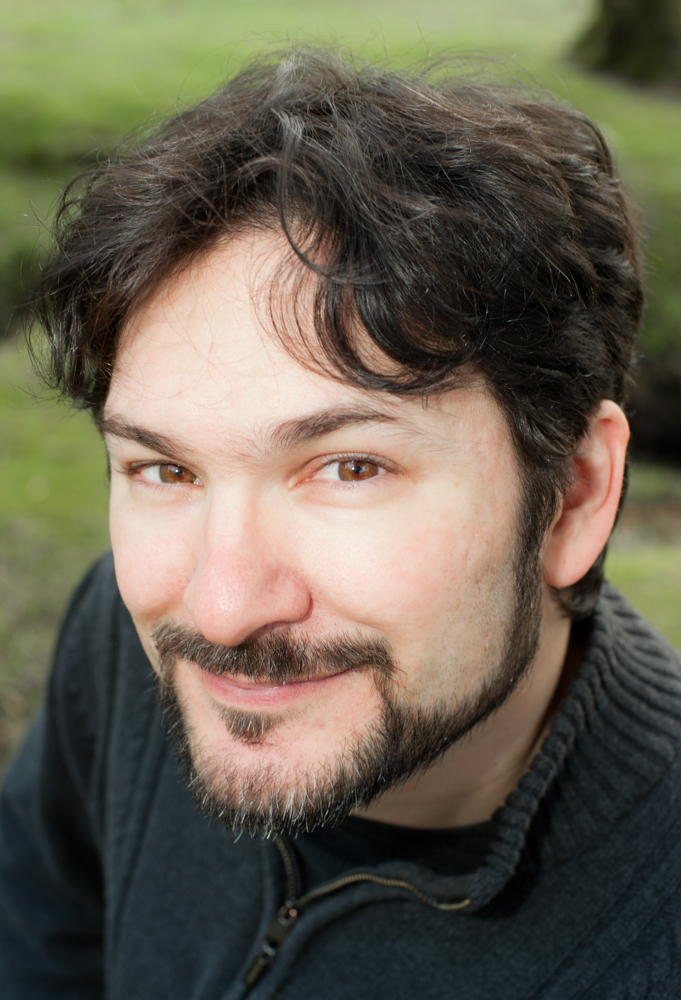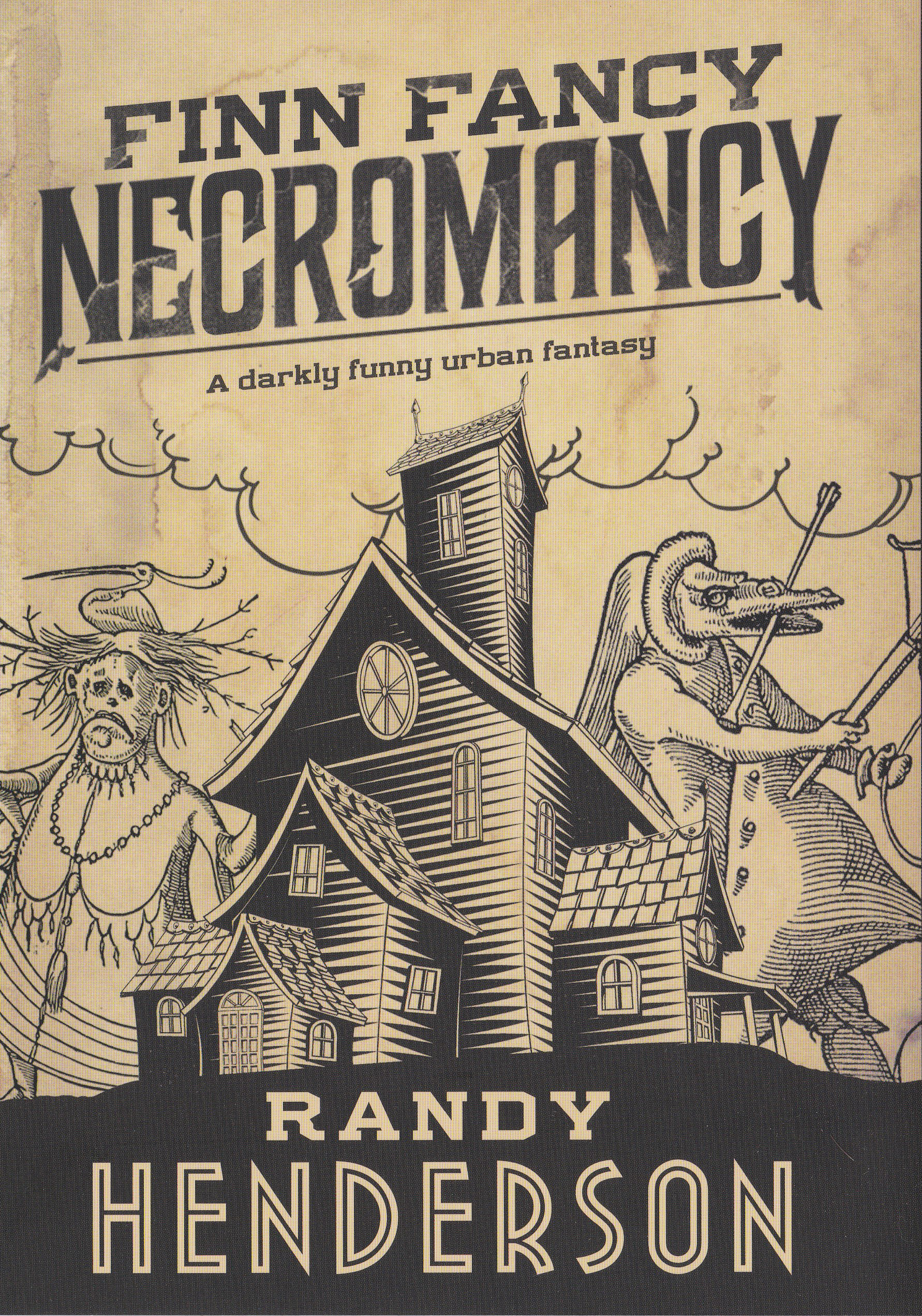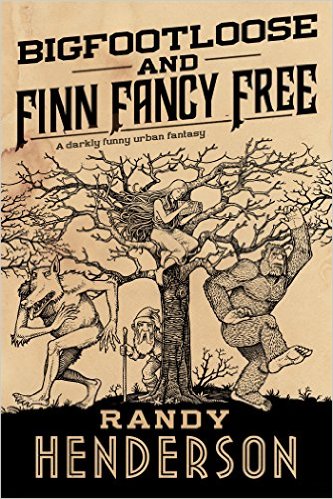3. Writing blogs is not writing. Nope, not even brilliant blog posts on the real mistakes amateur genre writers should avoid. And that is why I wrote this only after writing 1,262 words of my inevitably famous epic fantasy novel today. And my family couldn’t be more thrilled that I spent my entire day writing. Really. Well, okay, I guess I should mention:
4. Balance, Daniel-san. Don’t forget to live life. It has a funny way of providing inspiration, and recharging the ole noggin. And also, a healthy body means a healthy brain, which means … oooo, a milkshake. Wait, what was I saying? Oh, yes. That having a healthy body does good things for your writer’s muscle. Just ask Alfred Hitchcock, or Hunter S. Thompson. Well, all right, bad examples. There has of course been plenty of great fiction created by anti-social crabby-pantses who were experimenting with various chemical substances. So I guess I should clarify that if you want to be a happy and prolific writer who actually lives to enjoy (and remember) your own success, then it won’t hurt to be a little social and a lot sweaty from time to time (but preferably not at the same time. Unless you’re at a gym. Or a sweat lodge. Or a sauna. Or being questioned by the police for being overly social in the sauna).
4. Writing one story is not writing. It looks like writing, but it isn’t. It’s wroting. As in, you already wrote it. Don’t get me wrong – revising is good. Revising is absolutely necessary. Cut, rearrange, clean it up, replace “alright” with “all right,” and rethink your current ending where all the Spartans survive Thermopylae and are brought forward in time to totally kick Hitler’s ass. Do all of that. Take each rejection as an opportunity to read the story with fresh eyes and improve it before sending it back out. But also be writing new stories, new books. Have an “inventory” of finished and in-work works. Because it may be that your first stories or books will never sell, but your tenth or twentieth might. Because you will likely improve your writing with each new project. Because it can take years to cycle a single story or book through all the potential publishers and collect that fine stack of rejection letters. And because they say, “a writer writes,” not, “a writer wrotes.” And “they” are never wrong. Or at least, anyone who says they are wrong disappears in the night, so just go with me on this, okay?
5. Writing an Idea is not writing. It happens – you have a brilliant and oh-so-original idea. What if a guy travels back in time to prevent his loved one from being crippled, then returns to the future to find … he is ironically crippled himself!! What if the devil promises to bring a woman’s husband back from the dead, and he comes back … as a zombie!!! … ! What if a half-elf (who is sadly rejected by both humans and elves), a snarky dwarf (who bonds with the half-elf despite their ancient racial enmity) and an angry knight (with a magical blade) battle a dragon? What if a hip goth-pseudo-Wiccan girl goes to an all-night diner, and instead of eating she actually gets eaten because the staff are all … vampires!!
Well, as … fine as those ideas are, be careful not to make the story about the idea. Most importantly, give us some reason to care about the character who is traveling around time, or the universe, or the dark urban streets. Make them live in our minds and hearts. Then we’ll actually want to find out what happens to them, and stick around long enough for you to share your idea. Your idea may be integral to the story, and in science fiction, for example, the fictiony science should always be integral to the story. But it is actually the story about the characters, with a good beginning, middle and end, that’s the ice cream. Your basic idea is the hot fudge, the scifi tech or rules of magic are the nuts and bits o cookie dough, and your carefully created world is the giant waffle cone. And now I’m hungry, so I’m going to go.
But first, as I promised up front, here is:
Randy’s Summary of Standard Writing Advice
A: Show, don’t tell. You hear this all the time. And yet they rarely explain what it actually means, which drives me crazy. So here’s what it means: Instead of writing, “Joe was hungry,” (which tells us he’s hungry) write, “Joe’s stomach rumbled when he glanced at the banana cream pie, and he tore into it with his bare hands like a zombie at a brain eating contest” (which shows us he’s hungry). As with any rule, there are of course exceptions to this. Exposition, for example, or describing the scenery, tend to be more telly than showy. Give us SOME idea where Joe is and what brought him to this sorry state, please. Context is everything.
B: Use: proper; manuscript formatting, punctuation!!! and ain’t not forget to improperly grammarize.
C: Boldly avoid smelly, hairy, juicy adjectivation and forcefully adverbining. Don’t say ran quickly. Say sprinted.
D: Be clear in his perspective (or rather my characters’ perspectives) is what she should do. Don’t switch perspectives (point of view from one character to another) in the middle of a scene or paragraph – put a clear break between shifts in perspective. And while you’re at it, watch the pronouns and naming. So if you have a character Captain John Smith who is father to Ed, don’t call him Smith in one sentence, then John in the next, then the captain in the next, then Ed’s father. Be consistent. Except when you aren’t.
E: Write what you know. This is another one that is often thrown out there but not really explained. So I shall explain. This does not mean write fanfic (see item 2 above). Nor does it mean set every story in a cubicle, a Starbucks, and your living room. And especially nor does it mean limit yourself to what scraps of knowledge you retained from your schoolin or the memories of your childhood (which I regret to inform you are implanted and false and meant to hide your android nature. But I digress). It means write what interests you, even if it is something that you must do research on (see item 1 above). If it isn’t interesting to you and not something you would want to know, then your writing will likely reflect this disinterest, and disinterestify your audience as well.
F: Write a story, not a scene (which ties into number 5 above). A character ruminates on the end of the world (and then is revealed to be … a cockroach!!!) – this is not a story. A man walks into a bar and gets eaten by a zombie, a werewolf, and a stranded soccer player? Not a story. A studly mage uses a spell to make a woman have pages of hot, graphically described sex with him? Not a story (except maybe in Penthouse magazine). A mighty warrior woman assaults a pyramid, fighting her way up to kill the chauvinistic mage at the top who has been using spells to make women sleep with him (and who also never believed a mere woman could challenge him)? Cathartic, perhaps, but nope, still not a story. They are scenes. You have to present us with a character and establish who they are, make us care about them. Then have something upset that character’s world, place them in some kind of jeopardy (health, legal, monetary, emotional, etc.). Next show us their struggle to overcome that danger. And finally, show us the outcome and how it has changed the character (even if that change is death). It sucks. God knows it sucks. I have a whole stack of great ideas. But they’re not stories, not until I can figure out all the bothersome conflict, motivation, and resolution stuff. It’s, like, work or something. Sigh.
G: Know your audience (in an intellectual sense, not necessarily in the biblical sense, although what aspiring writer isn’t in it for all the hot writer groupies that come to readings?). Do your research. Be familiar with what readers of your chosen genre seem to enjoy, don’t enjoy, and have seen a billion times before. Make your material and language age-appropriate, and if necessary at the proper movie rating level (PG, PG-13, R). This goes hand in hand with:
H: Stick to the publisher’s guidelines. Yes, even you. Yes, even though your story about the talking cat with the soul sucking sword is really, really original and cool, and only 450 words over the magazine’s word limit. And even though it’s not really the kind of thing that Ladies’ Home Journal usually publishes. But if in doubt and you still want to try, query first.
I: Use outlines for longer fiction, to make sure you have a strong beginning, middle and end, and to help fight writers block as you get into the actual writing of it. This is especially important for new writers who have not had the experience of writing a longer work all the way through. It will also save you investing many hours into something, only to realize halfway through that you don’t really have anywhere to go with the storyline or characters you’ve written.
J: Don’t use outlines for longer fiction. Let your characters tell the story, so your creative flow is not stifled or cut off by an arbitrary outline, resulting in writers block or a predictable story, or so that you don’t get bogged down in the outline stage when you are raring to do some real writing.
K: Wait, didn’t I and J contradict each other? Yep. That’s why you should do whatever works best for you, and anyone who tells you only one way is right is feeling a little too self-important. Outline a little, or a lot, or not at all. Create detailed backgrounds for your characters, or a simple paragraph describing them. Draw maps of your world, or use real world maps, or just do it all in your head. Let the characters tell the story, or if they tend to take you off too many side-paths and you’ve lost sight of what you’re even writing about, spank them gently with your outline when necessary. They’ll thank you when they grow up. Or maybe not. Basically, the goal is to get from A to Z. To paraphrase John Lennon, whatever gets you through the write is all right.
And that’s all folks. As I said, I’m sure you’ve heard it all before, and probably heard it all before – that is, if you haven’t already heard it, you know, before. I know I missed some stuff, some on purpose, some because my family is waiting patiently to play Rock Band, so don’t be surprised if I update this in the future. Especially once I’m famous, at which point I will stretch this out to 200 pages with a bunch of anecdotes and exercises and sell it as the definitive book on writing fiction.
Now stop doing “research” on the internet and go do some actual writing!
Your Assignment:
Respond with any important advice you feel I’ve missed, misled on, or that you disagree with. Or your thoughts on the challenges of writing genre fiction in general. Also, with your stories about wrestling furry fans.











